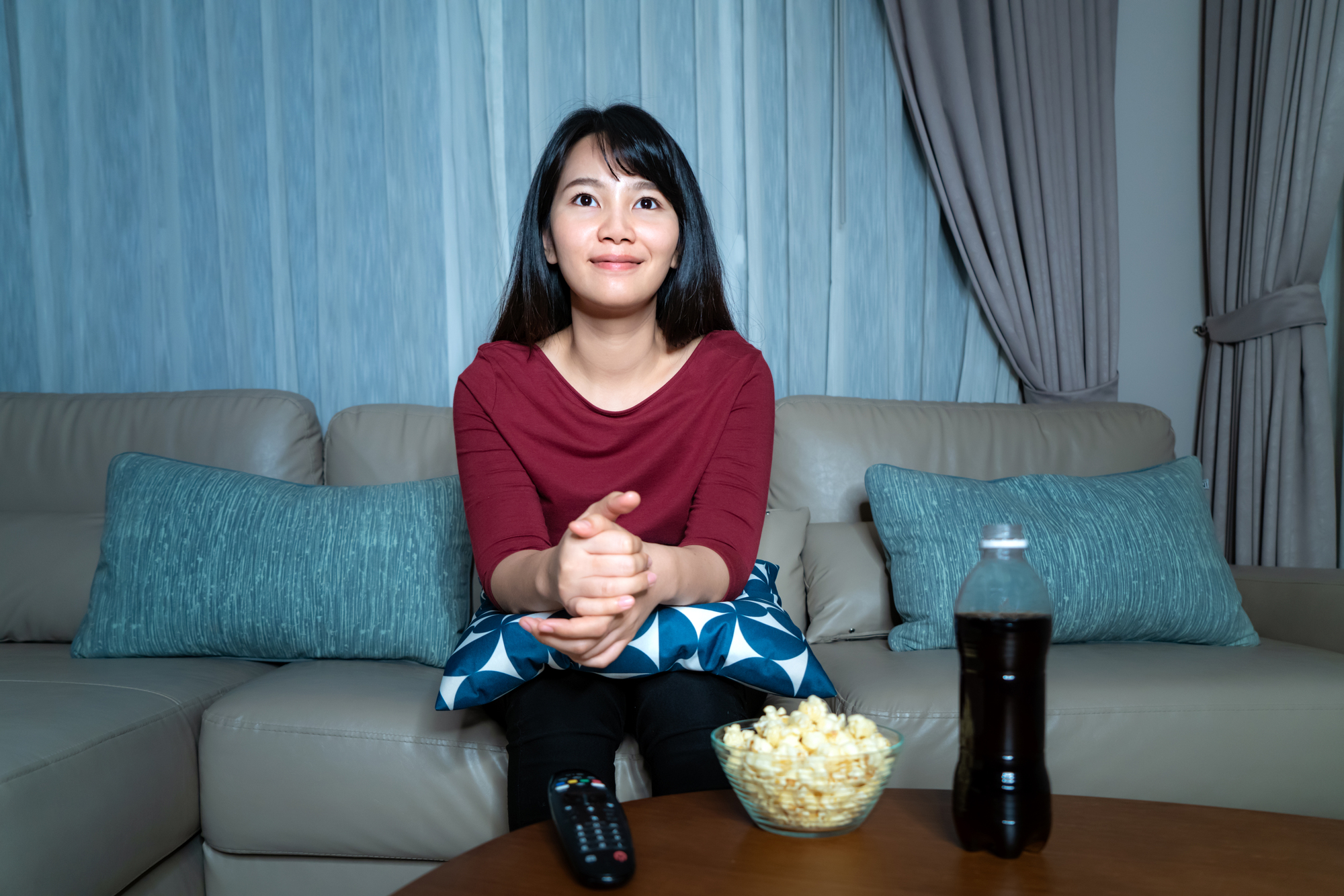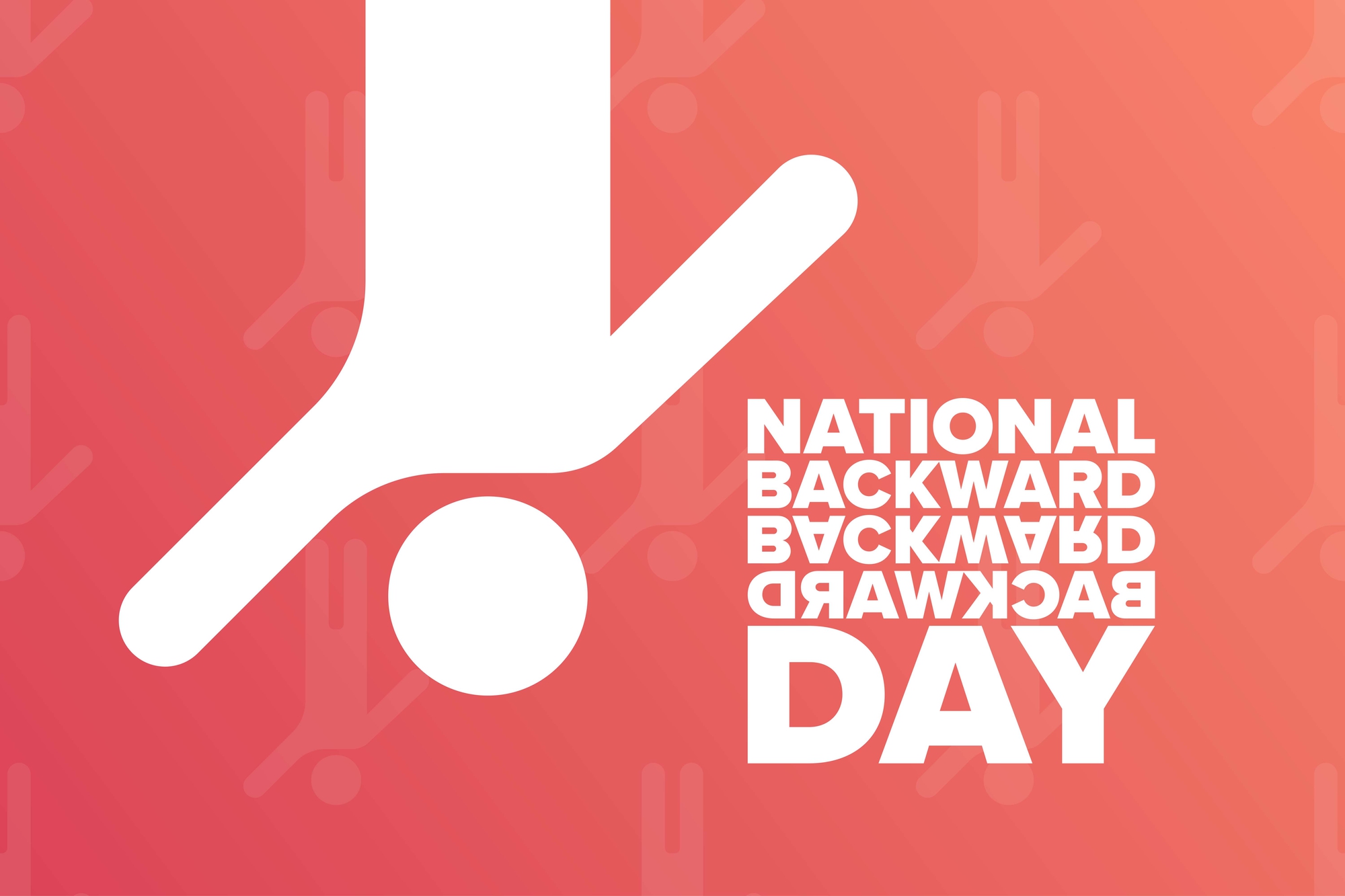Most folks follow the same predictable patterns day after day. These routines become automatic, yet sometimes, flipping conventional sequences upside down brings unexpected benefits.
Breaking established patterns jolts the brain out of autopilot mode – refreshing your outlook while adding zest to otherwise ordinary activities. The human mind craves novelty, which explains why even minor shifts in routine can spark creativity and sharpen problem-solving.
Here is a list of 15 experiences worth trying in reverse order that could transform your approach to daily life. Each challenges a standard assumption about the “correct way” of doing things, offering practical alternatives many find surprisingly effective.
Dessert First

Starting meals with something sweet makes surprisingly good nutritional sense. Taste buds reach peak sensitivity at the beginning of a meal, allowing full enjoyment of complex flavors while naturally limiting portion size.
Eating dessert first also eliminates that nagging anxiety about saving room or, worse, the disappointment when you’re too stuffed to enjoy it later. Numerous upscale restaurants have embraced this concept through amuse-bouche offerings that often feature subtle sweet notes to prepare the palate.
This simple reversal transforms ordinary Tuesday dinners into special occasions without extra effort or expense.
Evening Shower in the Morning

Switching your typical evening rinse to morning hours kickstarts the day with unexpected vigor. The shock of warm water against sleep-cooled skin – better than coffee for some folks – stimulates circulation and mental alertness.
Morning showers free up evening hours for relaxation or family time, creating a better work-life balance. Hot shower steam works wonders for clearing sinuses and reducing that annoying morning congestion many people battle daily.
Studies suggest morning showers might boost creativity, too, since the relaxed state allows your mind to wander productively before tackling complex work problems.
Read the Ending First

Checking out a book’s final chapter before starting might seem sacrilegious to literary purists – yet this approach often enhances the reading experience. Knowing where things end up helps readers notice clever foreshadowing and subtle character development that might otherwise go unappreciated.
This technique proves especially valuable for complex novels with intricate plotlines or large character casts. Literary comprehension research indicates understanding the conclusion improves recall and analysis of earlier narrative elements.
Numerous literature professors quietly admit to using this method when tackling particularly dense works, allowing them to construct a mental framework for organizing information.
Like Travel Pug’s content? Follow us on MSN.
Reverse Vacation Planning

Rather than picking destinations first, try planning getaways backward by deciding what feelings or experiences you crave. Begin with “I need to feel peaceful and connected to nature” instead of “Let’s go to Hawaii.” This approach frequently reveals perfect destinations you’d never have considered otherwise.
Travel experts note that emotion-first planning typically generates higher satisfaction because experiences align with deeper personal values rather than tourist trends. The method often saves money, too, since you might discover that the feeling you seek – whether adventure, relaxation, or cultural immersion – exists closer to home than imagined.
Evening Workout Instead of Morning

Moving exercise routines from morning to evening delivers unexpected advantages. Body temperature peaks late afternoon – making muscles more pliable and potentially lowering injury risk.
Evening workouts excel at melting away workday stress, helping transition into relaxation mode before bedtime. Athletic performance metrics like grip strength, reaction time, and cardiovascular efficiency actually test better during the 4-7 PM window compared to early morning hours.
The social atmosphere of evening gym sessions provides extra motivation, too, as facilities buzz with energy and potential workout partners when most people finish their workday.
Backward Budgeting

Most folks allocate money to expenses first and save whatever’s left. Try flipping this approach – determine savings goals first, then fit expenses into what remains.
This mental shift transforms saving from an afterthought to a priority while revealing unnecessary spending habits that drain resources. Financial advisors call this “paying yourself first” and consider it the single most effective wealth-building habit regardless of income level.
The psychological benefit proves equally valuable; rather than feeling deprived by budgeting constraints, you’ll experience satisfaction from meeting important financial goals before addressing optional expenses.
Like Travel Pug’s content? Follow us on MSN.
Night-Before Preparation

Getting things ready for tomorrow tonight – laying out clothes, packing lunch, organizing materials – creates calmer, smoother mornings. This reverse approach lets you think clearly when you’re not rushing, unlike those frantic morning minutes.
Countless successful people rely on this method to maintain productivity while reducing decision fatigue. Evening prep utilizes your brain when it’s primed for planning rather than implementation – neurological research suggests this timing creates more thoughtful preparations.
The cumulative time savings add up fast; reclaiming just 15 minutes daily from morning chaos provides over 90 hours annually for activities that bring greater meaning to life.
Watch TV Shows in Reverse Order

Viewing certain series from the final season to the first offers fascinating insights into character development and storytelling craft. This approach works best for procedural shows or anthologies where each episode contains its own resolution.
You’ll spot creative decisions and subtle foreshadowing that weren’t apparent during conventional viewing. Film students sometimes employ this technique to analyze how writers plant character seeds designed to bloom in later seasons.
The emotional experience shifts dramatically too – instead of building toward climactic moments, you witness how characters evolved from their fully-developed state, adding poignancy to earlier struggles.
Reverse Brainstorming

Instead of asking, “How do we solve this problem?” try “How could we make this problem worse?” Identifying ways to amplify issues often illuminates root causes – sparking creative solutions that traditional brainstorming misses. This technique proves invaluable for stubborn problems that resist conventional approaches.
Innovation consultants report reverse brainstorming frequently shatters groupthink barriers that hamper team creativity. The method usually injects humor into otherwise tense problem-solving sessions since imagining worst-case scenarios highlights absurdities that relieve pressure while generating genuine insights.
Like Travel Pug’s content? Follow us on MSN.
Backward Day with Kids

Children absolutely love backward day novelty – dinner foods at breakfast, clothes worn inside-out, walking backward (safely), and reading stories from end to beginning. Though it seems like mere play, this reversal helps develop cognitive flexibility and creative thinking skills that benefit learning far beyond the giggles.
Developmental psychologists note these apparently silly activities actually build neural pathways supporting advanced reasoning capabilities in later years. Parents consistently report that backward days become cherished family traditions that kids reminisce about well into adulthood, strengthening family bonds through shared unconventional experiences.
Job Hunting in Reverse

Don’t just search job boards. Instead, identify companies where you’d thrive and create tailored role proposals based on their needs and your unique skills. This proactive approach demonstrates remarkable initiative while uncovering opportunities before they’re advertised.
Countless professionals have secured dream positions by presenting solutions to problems companies hadn’t even recognized yet. Hiring managers consistently rank this approach among the most impressive candidate strategies, instantly distinguishing applicants from standard resume submissions.
The reversed hunt provides psychological advantages too, shifting your mindset from “please hire me” to “here’s how I’ll create value” – naturally projecting the confidence employers seek in top talent.
Reverse Room Cleaning

Begin cleaning spaces visitors rarely see instead of focusing on obvious areas. Starting with closets, hidden drawers, and underneath furniture builds momentum for visible spaces while ensuring thorough environmental refreshment.
This approach prevents the common problem of energy depletion before addressing concealed clutter zones that perpetuate disorganization. Professional organizers call this the “inside-out” technique, particularly recommending it for clients overwhelmed by maintaining organizational systems.
Research indicates the psychological boost from knowing spaces are genuinely clean, not just superficially tidy, contributes to reduced stress and improved focus within your environment.
Like Travel Pug’s content? Follow us on MSN.
Nighttime Grocery Shopping

Visiting supermarkets in the evening hours instead of during peak daytime periods transforms a stressful chore into an almost meditative experience. Stores generally have fewer customers, checkout lines move swiftly, and shopping proceeds at a comfortable pace without cart traffic jams.
Evening shopping reduces impulse purchases too, since decisions typically happen after dinner when you’re not hunger-driven. Supermarket employees often restock shelves during evening shifts, providing access to the freshest produce and bakery items before morning crowds arrive.
Many stores offer additional discounts on perishable goods during final business hours, creating budget benefits alongside the improved shopping atmosphere.
Backward Recipe Reading

Thoroughly reviewing recipes from end to beginning before cooking ensures complete process understanding and confirms all necessary ingredients and equipment are ready. This reverse approach prevents those panicked moments when you suddenly realize crucial components needed for preparation hours earlier.
Professional chefs universally employ this technique to ensure smooth kitchen workflow, regardless of dish complexity. Culinary schools teach this method as foundational kitchen discipline for good reason – the backward reading helps mentally map timing for multi-component dishes, identifying opportunities for efficient task overlap that significantly reduces overall preparation time while minimizing stress.
Tech-Free Mornings

Rather than instantly checking your phone upon waking, reverse your routine by establishing tech-free mornings until completing essential self-care activities. This flipped approach allows your brain to ease into the day on your terms rather than immediately reacting to external demands.
Countless high-performing individuals attribute improved focus and reduced daily anxiety to maintaining this boundary. Neuroscience research strongly supports this practice, showing morning smartphone use activates stress responses and reactive thinking patterns that persist for hours afterward.
People who adopt tech-free mornings frequently report improved sleep quality too, as the practice helps break destructive cycles of evening device usage that disrupt melatonin production and sleep architecture.
Like Travel Pug’s content? Follow us on MSN.
The Power of Reversal

Challenging conventional sequences isn’t merely about novelty – it’s about discovering what genuinely works better for your unique circumstances. These reversed experiences invite questioning assumptions about how things “should” be done while finding personal optimization opportunities.
Sometimes, the most effective path travels opposite to the crowd. Consider which of these reversals might create positive ripples throughout your daily life, and remember that small sequence changes often yield significant experience improvements. The courage to experiment with reversal might reveal better ways of living, hiding in plain sight.
More from Travel Pug

- Cities Growing so Fast You Won’t Recognize Them in 10 Years
- 13 Destinations Where Tourists Regularly Regret Their Trip
- 20 Obscure WWII Sites Even History Buffs Don’t Know About
- 10 Under-the-Radar Mountain Towns That Are Both Affordable and Beautiful
- Remote Villages in Europe Where You Can Live for Free in Exchange for Work
Like Travel Pug’s content? Follow us on MSN.
